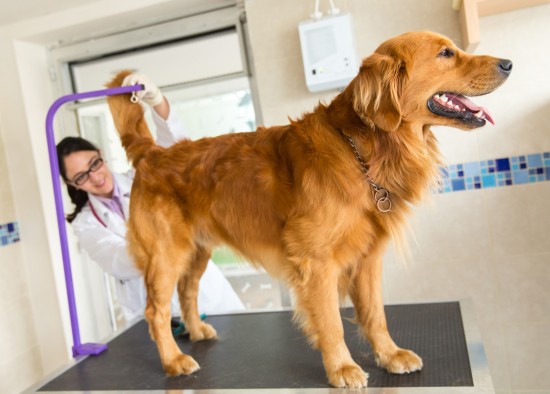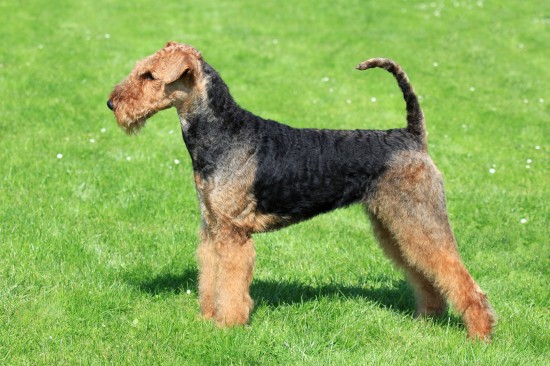
Think back to your teenage years, and you'll understand how, when you add something with individual thoughts and feelings to a carefully laid plan, the end result is always a surprise! The same is true of dog cage training. If you're facing a stubborn dog and a very small cage, don't despair. Almost every canine can learn to happily use a dog cage - they are den creatures, after all. Here's how to overcome 6 common problems with create training your dog.
1. Urinating or defecating in the dog cage
This can be related to either leaving your dog in too long or other stress factors, or keeping a very small dog in a very large crate. Ensure you take your dog out of the crate regularly, especially in the early days, and put them outside immediately after you let them out.
2. Your dog barks in the cage
If the barking has started only recently, it may be in response either to new training or to use of the crate as a punishment for wrongdoing. Take the crate away for a little while if your dog wasn't properly acclimated, and start your training again using a careful plan, slow progress and rewards at every successful step. Above all, don't use dog cage time as a punishment.
3. Your dog damages the cage or its contents while you are away
If your dog is damaging the cage, ensure that they have sufficient water, food, blankets and toys within it. If they are damaging the contents, ensure that you aren't leaving them along too long. Start again with very short cage times while you are home, and build up to longer stints.
4. Sometimes your dog will go happily to the crate, other times he won't
Make sure you leave the dog cage door open at all times - except when he is to be confined in it. If your dog doesn't feel ownership of the cage, he may feel ambivalent about going into it.
The other problem may be an ambivalent attitude from you about dog cage training. Some people feel it is a cruel but necessary option. Even though you are imposing your own schedule on the dog, the small space is not unnatural to them. A den in the wild would be around the same size as a crate.
5. Your dog becomes over-protective of the crate
Your dog's happy to go into the crate... but only wants to come out on his own terms? You may also be having leadership issues in general with dogs that display this behaviour. You can deny the dog access to the crate for a time, clean it each day, and change its position to help break the habit.
6. Your dog seems depressed after coming out of the crate
Make sure he not only has food, water, blankets and toys within the crate, but also enough space. If your dog can comfortably stand up and turn around within the crate, it has enough room. Remember, though, more is not necessarily better - a too-large crate will encourage him to urinate or defecate on one side.
 Treatment Options For Psoriasis In Dogs
Treatment Options
Treatment Options For Psoriasis In Dogs
Treatment Options
 Cat Genetics Part One - What Is A Gene?
Cat Genetics Part
Cat Genetics Part One - What Is A Gene?
Cat Genetics Part
 How To Treat A Dog’s Impacted Anal Glands At Home
How To Treat A Do
How To Treat A Dog’s Impacted Anal Glands At Home
How To Treat A Do
 Top Grooming Tips For Airedale Terriers
Top Grooming Tips
Top Grooming Tips For Airedale Terriers
Top Grooming Tips
 Guinea Pigs And Their Need For Companionship
Guinea Pigs And T
Guinea Pigs And Their Need For Companionship
Guinea Pigs And T
Copyright © 2005-2016 Pet Information All Rights Reserved
Contact us: www162date@outlook.com